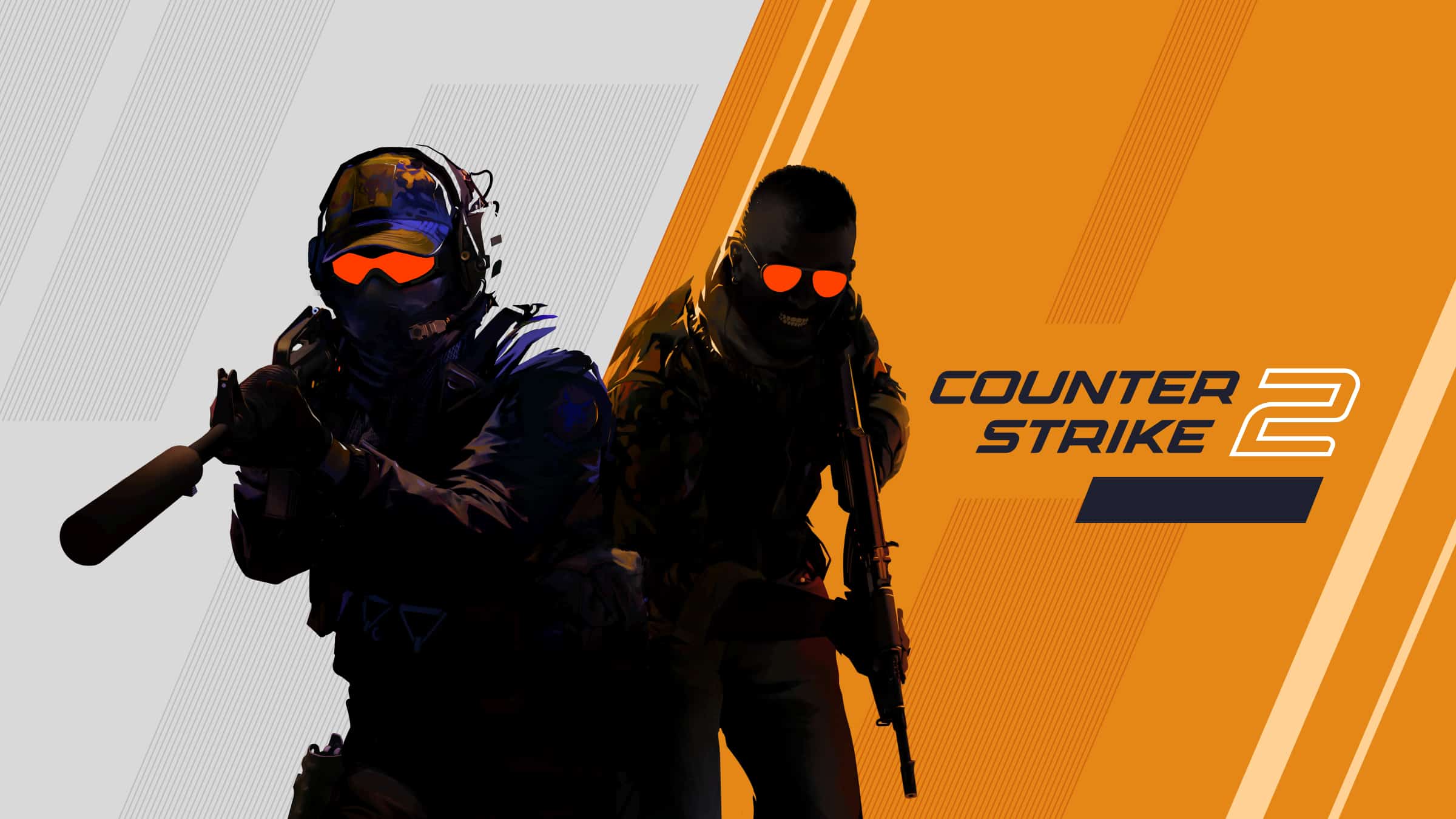Connection Corner
Your go-to guide for relationships, dating tips, and hookup advice.
Matchmaking Mayhem: How CS2 Transformed the Way We Play
Discover how CS2's groundbreaking matchmaking changes the game and elevates your play—join the mayhem and unlock your full potential!
Exploring the Evolution of Matchmaking in CS2: What Players Need to Know
The landscape of matchmaking has undergone significant changes in Counter-Strike 2 (CS2), reflecting the game's commitment to enhancing player experience. Initially, matchmaking systems were basic, often leading to imbalanced games and frustrated players. With the advent of advanced algorithms and data analytics, CS2 has shifted towards a more refined approach. Players are now matched based on their skill ratings, performance metrics, and even gameplay styles, ensuring that competitive matches are not only fair but also engaging. Understanding this evolution is crucial for players who wish to navigate the increasingly complex matchmaking system and optimize their gameplay.
As we delve deeper into the nuances of CS2 matchmaking, it is essential for players to grasp the implications of these changes. The introduction of features like dynamic matchmaking adjusts player tiers in real-time, responding to performance variations during matches. Furthermore, the community's feedback plays a pivotal role in shaping these systems, as developers continually refine the algorithms. For those keen on climbing the ranks, staying informed about these trends and adapting strategies accordingly can significantly impact success. In summary, recognizing the evolution of matchmaking in CS2 is not just informative; it's a strategic advantage for any serious player.

Counter-Strike is a popular team-based first-person shooter game that has captivated millions of players worldwide. One of the unique aspects of the game is the variety of knives available, each with its own design and rarity, adding a layer of customization and strategy to gameplay.
How CS2's Matchmaking Algorithms Revolutionized Competitive Play
Counter-Strike 2 (CS2) has taken competitive gaming to new heights, thanks to its innovative matchmaking algorithms. These algorithms are designed to create a more balanced and fair playing experience, ensuring that players are matched with others of similar skill levels. This not only enhances individual gameplay but also contributes to the overall quality of matches, keeping players engaged and competitive. The seamless integration of data analytics allows the system to adapt over time, learning from player behavior and improving match quality continuously.
One of the standout features of CS2's matchmaking system is its use of dynamic weighting. This algorithm takes into account various factors such as player performance, current rank, and even recent gameplay trends to ensure that every match is competitive. As a result, players can expect to face opponents who are not only skilled but also play within a similar tactical approach. This revolutionary system not only fosters a more enjoyable competitive atmosphere but significantly reduces instances of smurfing, thereby leveling the playing field for all participants.
Is CS2's Matchmaking System Fair? An In-Depth Analysis
The debate surrounding CS2's matchmaking system has generated considerable interest within the gaming community. Many players have raised concerns about whether the system is truly fair and effective in matching individuals of comparable skill levels. To assess this, it is important to examine how the matchmaking algorithm evaluates player performance, the factors it considers, and how it strives to create balanced matches. For instance, the algorithm takes into account player ranks, win/loss ratios, and individual performance metrics, aiming to place players in games where they can have an equitable experience.
Moreover, understanding the player community's feedback is crucial when evaluating fairness in CS2's matchmaking system. Some gamers argue that inconsistencies in matchmaking can lead to frustration, particularly when they find themselves repeatedly matched with players of widely varying skills. On the other hand, there are those who appreciate the unpredictability and challenge that comes with facing opponents of different abilities. Ultimately, a comprehensive analysis must weigh the algorithm's intentions against the players' experiences, highlighting whether CS2's matchmaking can effectively enhance or diminish enjoyment in competitive play.